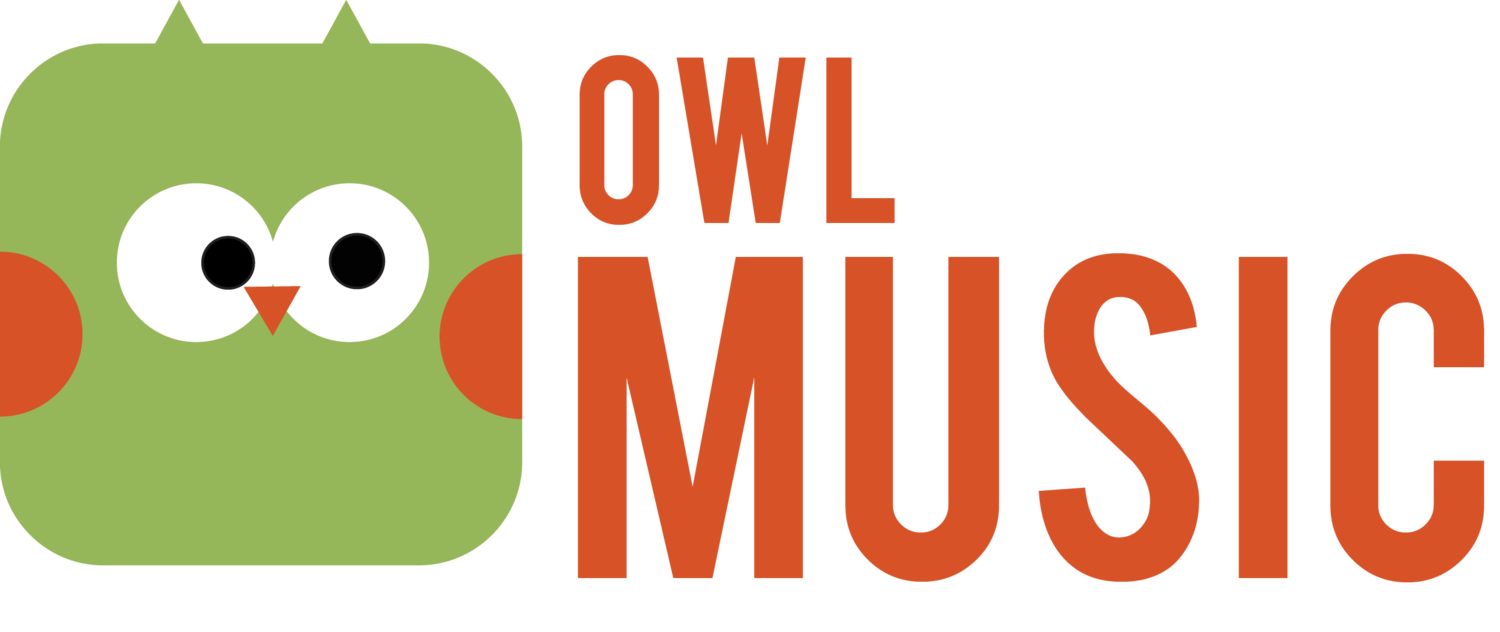Music has a lot in common with math. First, both subjects are highly sequential, meaning that one step leads to the next, and each step is part of a long chain of knowledge and skill that is taught in a particular order. For example, in math we learn addition before multiplication, not the other way around. That's because multiplication is in fact a type of advanced addition. In music, to name just a couple of examples, we learn quarter notes before eighth notes and tonguing before slurring.
The highly sequential nature of both math and music may be one reason why they can appear so challenging to learn. You can't just dive in anywhere and hope to attain a high level of mastery. Playing a musical instrument and reading music require long-term planning as well as the persistence to stay with the plan in the face of setbacks.
Second, both math and music are written in a language of symbols. In the case of music, that set of symbols is called musical notation, which tells you how long a note lasts and what its pitch is. As you become a more advanced music reader, the language gets more complicated, but at a basic level, musical notation has two dimensions: note length and pitch (how high or low a note sounds).
Musical notation may have only two basic dimensions, but mastering the language of music is not easy. Think about a piece of music such as Beethoven's Fifth Symphony with its famous opening: da da da daaaa. How would you go about writing that down on a piece of paper so that musicians could come along later and play it? It sounds challenging and it is. It took hundreds of years for musicians to come up with an adequate notation system. Then, once you've written the music down on paper, how do other musicians learn to turn it back into music again? Learning how to read music, to turn notes into organized sound, is very challenging.
Every year as I teach students how to read music, I marvel at the small miracle that's going on. Students are learning to turn splotches of ink on a page into Music. They are learning to turn musical notation into the organized sounds that accompany us through life from the lowest to the highest of emotions. As your child learns to read music, please know that what they are undertaking is hard. The challenge they face should be respected and supported.
There is one critical difference between math and music, however. Somehow--it's hard to know exactly why--we have come to believe that math education is a necessity, an unpleasant necessity for some of us, but a necessity nonetheless, but we don't give the same status to music. We accept that math is a necessity, but we are told that music is an elective. Imagine touring a prospective school and hearing, "At our school we don't offer math instruction" or "Here math is an elective." This is the sad situation that music finds itself in, relegated to the lower status of an elective.
Plato said that music should be the first step in an educational curriculum. Perhaps it's time we listen to a wise and ancient voice. But that's a topic for another day.

